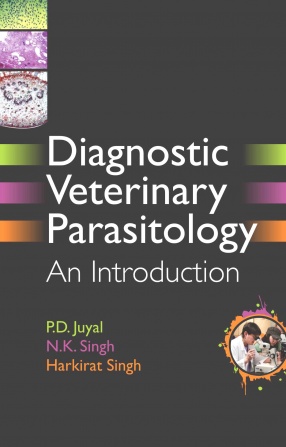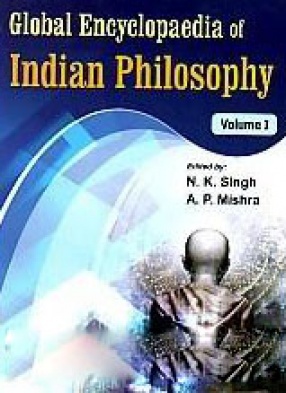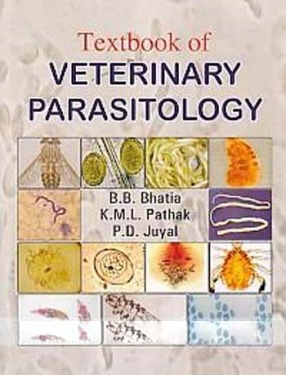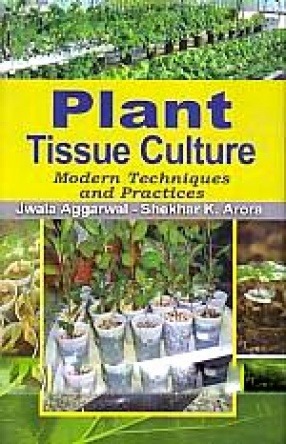Although immunological and molecular techniques are increasingly being applied for the diagnosis of parasitic diseases, veterinary practitioners worldwide still rely primarily on the conventional faecal and blood smear examinations mainly on the concept of "seeing is believing". These techniques are still the gold standard and cost-effective means of diagnosing the parasitic infections in domestic animals.
Contents: Preface Chapter 1. Introduction; Chapter 2. Collection; preservation and despatch of faecal samples; Chapter 3. Techniques for identification of parasitic eggs/oocysts in faeces; Chapter 4. Identification of parasitic mites: collection and examination of; Chapter 5. Examination of blood, lymph node biopsy and other body fluids; Chapter 6. Collection and preservation of parasites; Chapter 7. Immuno-molecular techniques for diagnosis of parasitic infections.
ABOUT THE AUTHOR Harkirat Singh
Harkirat Singh was born in Lahore and commissioned in the Brigade of the Guards, Indian Army in June 1956. He saw active service during the Indo-Chinese conflict of 1962 in the Eastern Sector and later in the Indo-Pakistan conflicts of 1965 and 1971. He was appointed GOC, IPKF in Sri Lanka in July 1987. He graduated from the Defence Services Staff College, Wellington, later he attended the Joint Services Staff College in the UK. During his 35 years in the IA he held various Command and Staff appointments. He was also the Indian Military Adviser in Yugoslavia, Romania and Italy from 1977 to 1981. He commanded the first Anti Tank Missile Battalion during the Indo-Pakistan conflict of 1971 which for its pivotal role was awarded the battle Honour of Chhamb in the NW Sector and other gallantry awards.
ABOUT THE AUTHOR N K Singh
Dr. Naresh Kumar Singh received his Bachelor degree in Veterinary Sciences in 1998 and his undergraduate study was funded through the merit scholarship from Ministry of Defence, India. He accomplished his postgraduation on animal pain management in 2000 with ICAR-JRF from I.V.R.I., Izatnagar, India. Subsequently, he pursued his Ph.D. from I.V.R.I. (2001-2005) with I.C.A.R.-SRF, India. During Ph.D. his research focus was on cartilage repair with cultured chondrocytes/mesenchymal stem cells along various growth factors and his work was recongnised by national (ISVS-India) and International (ICRS, USA) Societies. Dr. Singh worked on stem cells transdifferentiation and proteomics during his postdoctoral research (PDF) at NLRI, Suwon (2005-2007) and his work was recognized and received excellent presentation award in the year 2006 at XIIth International Animal Science Congress (AAAP) held at Bexco, Busan , Republic of Korea. Dr Singh received Best Researcher Award for the year 2006-2007 from NLRI, South Korea. He has worked as Assistant Professor in the Division of Veterinary Surgery and Radiology, Faculty of Veterinary Sciences, SKUAST-J, Jammu, India for more than eight years (2001-2010). Dr. Singh has also been working in collaboration with various researchers around the globe on challenging issues pertaining to animal health. He has published four books, contributed three chapters, edited one book (in press) and published more than thirty five research papers in the national and international peer reviewed journals. Dr. Singh, is member of editorial boards of few international and national journals of repute. Dr. Singh is presently working as faculty in the Department of Animal Biotechnology, College of Animal Life Sciences, KNU, Chuncheon, Republic of Korea.












There are no reviews yet.